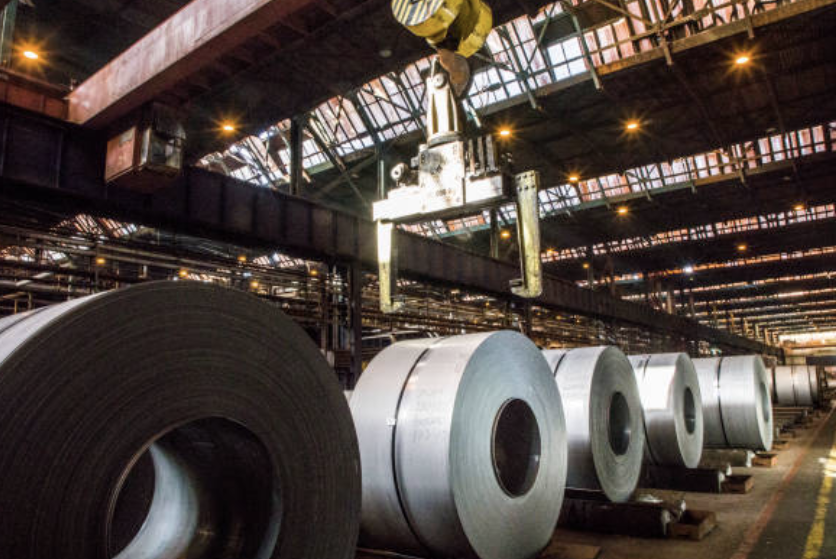
Posted on Wednesday, June 5, 2024
Steel is the backbone of modern infrastructure and industry, and South Africa plays a significant role in global steel production. From raw iron ore to high-strength steel, the journey involves numerous processes that transform natural resources into a vital material.
Steel is an alloy primarily made of iron, combined with carbon and other elements like manganese, chromium, and nickel. Its versatility makes it indispensable in industries such as construction, automotive manufacturing, and energy production.
South Africa is one of the largest producers of iron ore, a critical raw material for steel production. Major mining hubs such as Sishen and Kolomela in the Northern Cape provide high-quality iron ore. The process begins with:
Iron ore undergoes smelting in a blast furnace to produce pig iron. This stage involves:
The molten iron is further refined into steel using one of two primary methods:
Liquid steel is cast into semi-finished products like slabs, blooms, or billets. These are then shaped through rolling, pressing, or forging into final products such as:
To enhance durability and aesthetic appeal, steel undergoes finishing processes like galvanizing, painting, or applying specialized coatings.
Iron is a pure element, while steel is an alloy made by adding carbon and other elements to iron, improving its strength and versatility.
The primary raw materials are iron ore, coke, and limestone. In electric arc furnaces, scrap steel is used.
South Africa has vast reserves of high-quality iron ore and a well-established steel industry, supporting local and export markets.
Steel production contributes to carbon emissions, but innovations like recycling and green energy are reducing its environmental footprint.
A: The steel industry supports job creation, infrastructure development, and export revenues. It is a cornerstone of industrial growth in South Africa.
A: Efforts include hydrogen steelmaking, increased recycling of scrap metal, and investments in energy-efficient technologies.
A: You can purchase steel directly from local manufacturers or distributors. Ensure the supplier adheres to South African Bureau of Standards (SABS) specifications.
Understanding South Africa's steel manufacturing process is key to appreciating its role in building a stronger economy and addressing global challenges. Whether you're in the construction, automotive, or energy industry, steel remains an essential material shaping our future.

Used Purlin Roll Forming Machines for Sale Worldwide
Posted on Sunday, January 25, 2026
Pre-Owned Roll Forming Machines for Purlin & Structural Steel Profiles

Used Roof Panel Roll Forming Machines for Sale Worldwide
Posted on Sunday, January 25, 2026
Pre-Owned Roll Forming Machines for Roofing Panel Production

Used Roll Forming Machines for Sale Worldwide
Posted on Tuesday, January 20, 2026
Pre-Owned Roll Forming Machines with Inspection, Verification & Global Support

Steel Coil Supply for Roll Forming Machines Worldwide
Posted on Tuesday, January 20, 2026
Reliable Steel Coil Supply for Roll Forming, Fabrication & Manufacturing Applications
Copyright 2026 © Machine Matcher.